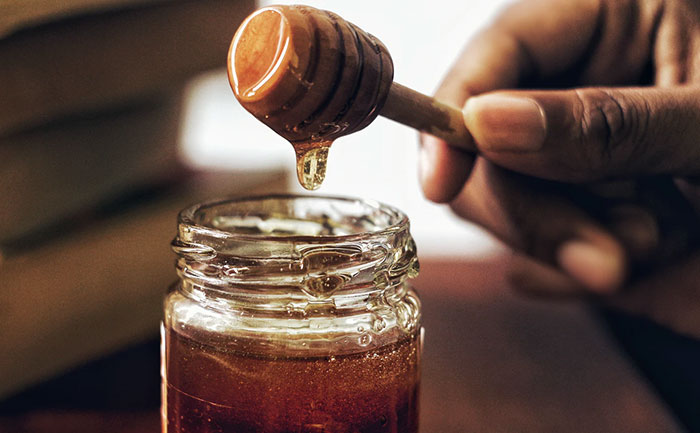- Sponsored -
CSE: Leading Honey Brands Fail Adulteration Test
CSE alleges ten popular honey brands including Dabur, Patanjali and Zandu are adulterated; brands deny report

The Centre for Science and Environment (CSE) has made a shocking revelation. 10 of the 13 brands selling honey have flunked the stringent Nuclear Magnetic Resonance (NMR) test. The test is considered as the global gold standard for honey. This was a part of an investigation conducted by a Delhi-based NGO CSE. The investigation began after tip-offs received from Indian beekeepers that pointed to widespread contamination of honey by domestic manufacturers.
- Sponsored -
CSE alleged that Ten leading Indian brands of honey such as Himalaya, Patanjali, Dabur, Baidyanath, Zandu and many more are adulterated with sugar syrup. The investigation also uncovered that the Indian companies were importing synthetic sugar syrups from China for adulterating with honey.
The CSE reported that among the big brands only Marico’s Saffola Honey cleared all the tests. The smaller brands failed tests at national and international level.
A spokesperson from Dabur, Patanjali and Zandu soon responded to the allegations. They denied that their honey products were adulterated. They also pointed out that they meet regulatory requirements laid down by the Food Safety and Standards Authority of India (FSSAI).
In an email statement to ThePrint, Dabur shared an independent test report of Dabur Honey from a lab in Germany, which shows that their product passes the NMR test.
A spokesperson from Dabur said, “The recent reports seem motivated and aimed at maligning our brand. We assure our consumers that Dabur Honey is 100% Pure. It is 100% indigenous, collected naturally from Indian sources and packed with no added sugar or other adulterants.”
Acharya Balkrishna, managing director of Patanjali Ayurved Ltd, called the report “an attempt to lower the market share of Indian honey in international trade”. Emami, which produces Zandu Pure Honey, also claimed its product adheres to all protocols and standards.
As reported by sources to Print, The CSE team also found that a factory to manufacture ‘Chinese syrup’ was set up in Jaspur, Uttarakhand. Researchers used the code word “all pass” (for the syrup) to procure a sample from Jaspur.
Also Read: ED seizes Dabur India director’s assets worth Rs 21 cr
- Sponsored -
